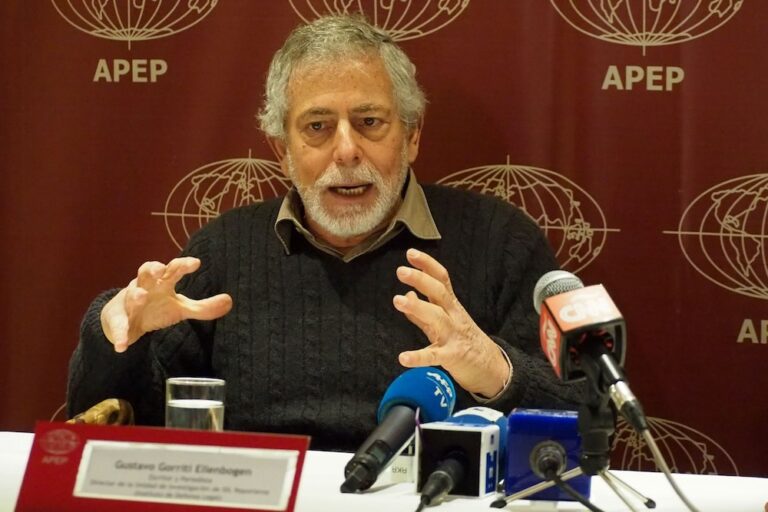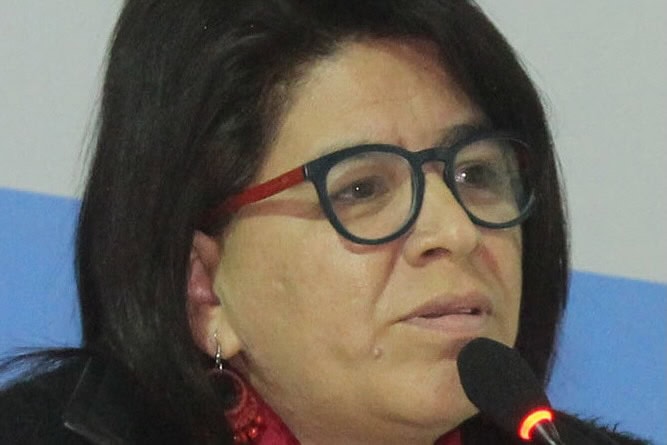RSF condemns the official explanations given by the Communications Ministry for banning broadcasting by the La Voz de Bagua Grande radio station.
(RSF/IFEX) – Reporters Without Borders today condemned as “bogus” and “dishonest” technical and official explanations given by the Transport and Communications Ministry (Ministerio de Transportes y Comunicaciones) for banning broadcasting by the La Voz de Bagua Grande radio station, in the town of Bagua Grande, northwestern Peru.
The worldwide press freedom organisation called on the government, unhappy with the media’s support for recent indigenous peoples’ demonstrations, to respect rules for the station’s approval, including time limits fixed by the government itself.
“Nobody is fooled by the reasons advanced by the government for silencing La Voz de Bagua Grande. This comes after recent clashes in the Amazonian region between government forces and the indigenous population,” the organisation said.
“Several voices, both within the police and the government, have accused the station of encouraging the riots. If this accusation was well-founded, why resort to administrative and technical arguments to justify revoking the broadcast licence of La Voz de Bagua Grande? It is an act of censorship and intimidation. We call on the government to keep its own word and to allow the station the right to resume broadcasting,” the organisation added.
The radio station’s licence was cancelled by ministerial decree on 8 June 2009, but, since 13 March 2007, it has had a ten-year frequency authorisation. This agreement allowed La Voz de Bagua Grande a 12-month period for authorisation and installation. The station’s director, Carlos Flores Borja, said he sent the ministry the documents required for certification on 29 January. These documents, supported by the municipality of Utcubamba, also said that the radio’s initial site had to be changed for safety reasons. The ministry used this reason, allegedly based on an “unfavourable opinion” issued on 31 December 2008 to cancel the frequency authorisation before the end of the probationary period.
In fact, La Voz de Bagua Grande has been in the government’s sights since the clashes shook the Amazon region at the start of June. At the height of the rioting, on 5 June 2009, in which around 30 people died, the interior minister, Mercedes Cabanillas, publicly threatened to close the radio along with Radio Oriente, another station based in Yurimaguas, for their alleged “support” for violence against the security forces.
“The closure of Radio Oriente following that of La Voz de Bagua Grande would provide extra evidence of a serious press freedom violation on the part of the government,” Reporters Without Borders concluded.


